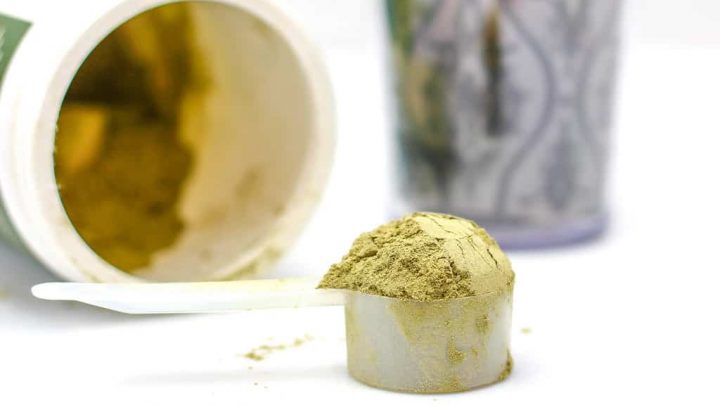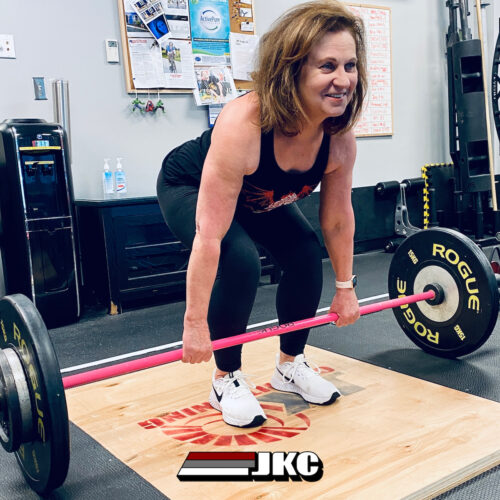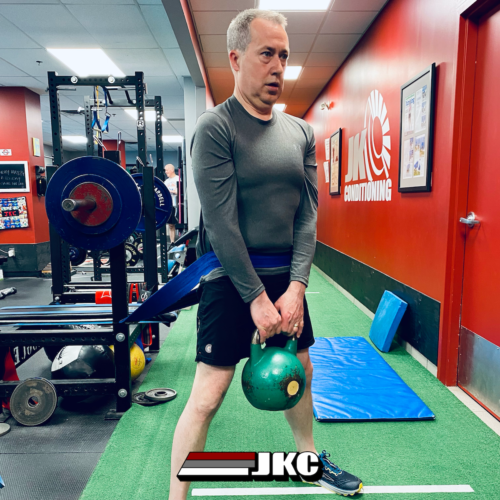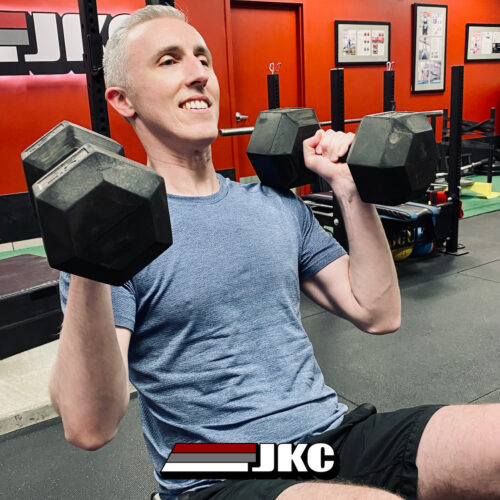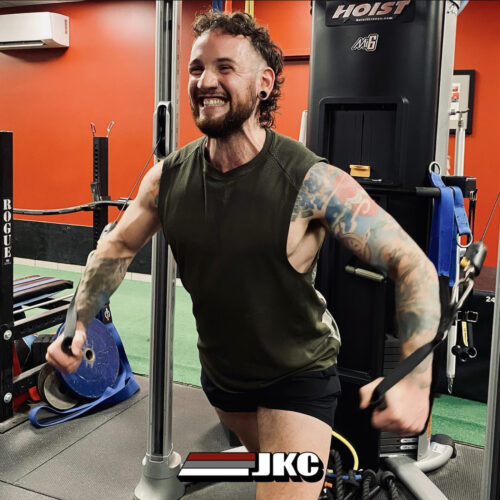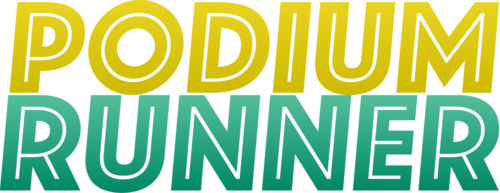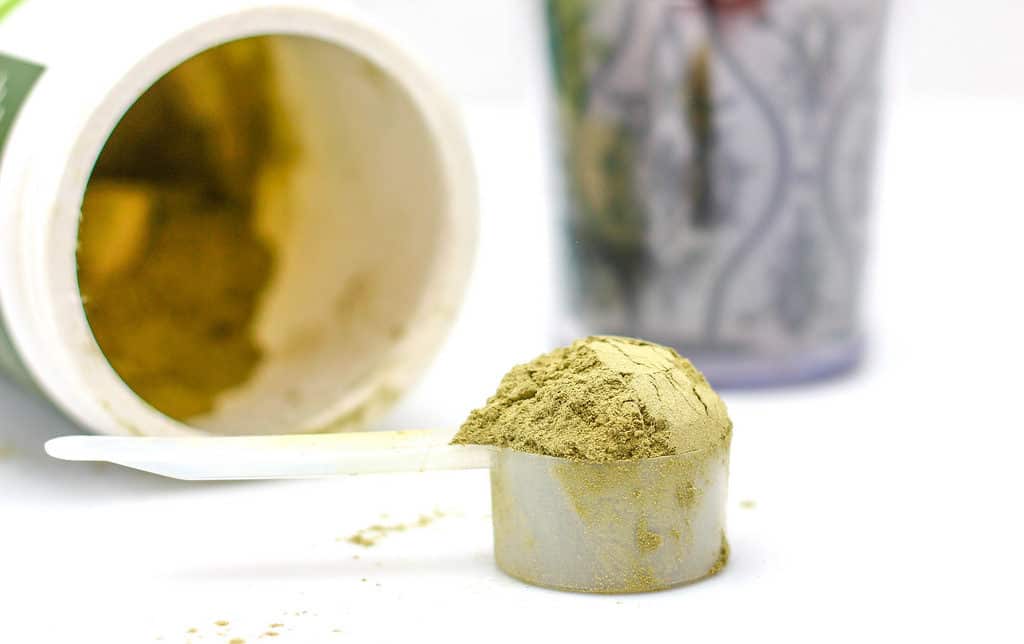
Protein. The bodybuilder’s macronutrient. Rarely does a week at JKC elapse without a client asking Jon or myself some of the following questions:
- How much protein should eat if I want to build some muscle?
- What are the best sources of protein?
- I know some people who take protein powder; should I?
To answer these questions definitively for all of you guys, Jon and myself thought it best to write a blog post that details the latest scientifically proven recommendations for protein consumption in the active population (All of you guys!)
How much protein should I eat if I want to build muscle?
The key here is the significance of the muscle building goal. I know that not all of the JKC Fit Fam want to look as swole as Schwarzenegger but if you want people to notice that you have been working out, you will need to build a little muscle in some key areas.
To do this you will need a certain amount of protein to assist in rebuilding your muscle tissue post-exercise. If you were to check Canada’s (very dated) Food Guide recommendations, you would find that they recommend an abysmal 0.8g/kg of protein. For me, that would equate to 78 grams/day. To put that in perspective, a 125 gram piece of chicken breast contains 39 grams of protein. Bang, two chicken breasts/day and I’m done…although I’d look more like Justin Bieber than just plain jacked.
You see, these recommendations are for the “average” population. However, as a member of the JKC Fam, you are considered members of the “athletic population”, that is, you engage of moderate to high-intensity activity multiple times per week, thus these recommendations do not apply to you.
So what do you need? Luckily, a recent study aimed to answer that question. Morton et al. 2018 examined 49 previous studies containing a combined 1863 participants looking for this answer. They found that to maximize effectiveness of resistance training anywhere from 1.6g/kg up to 2.2g/kg were optimal. So you don’t have to worry about the math, I’ve done it for you, simply find your weight in the table below and aim for at least the minimum number listed.
| Weight in Pounds | Weight in Kilograms | 1.6g/kg/day | 2.2g/kg/day |
| 100 | 45 | 73 | 100 |
| 110 | 50 | 80 | 110 |
| 120 | 55 | 87 | 120 |
| 130 | 59 | 95 | 130 |
| 140 | 64 | 102 | 140 |
| 150 | 68 | 109 | 150 |
| 160 | 73 | 116 | 160 |
| 170 | 77 | 124 | 170 |
| 180 | 82 | 131 | 180 |
| 190 | 86 | 138 | 190 |
| 200 | 91 | 145 | 200 |
| 210 | 95 | 153 | 210 |
| 220 | 100 | 160 | 220 |
| 230 | 105 | 167 | 230 |
| 240 | 109 | 175 | 240 |
| 250 | 114 | 180 | 250 |
What are the best sources of protein?
Chicken? Eggs? Beef? Fish? Luckily for us, it has been scientifically determined what the best protein sources are. Proteins are rated based on their “biological value”, that is, the proportion of the protein from a particular food that is incorporated into the organism’s (your) body. Take a look at the table below. It ranks the biological value of numerous proteins. As many tables use whole eggs as the “gold standard or 100, this chart will do the same. The closer a score is to 100, the better. Note whey protein powder is much higher than 100, and since the rules of “The Price is Right” don’t apply here, going over is actually desirable. Also, just so you can get an idea for how much you need to eat to satisfy your daily protein needs, I have included the amount of protein in a typical serving of each item.
| Item | Biological Value | Grams of Protein Per Serving |
| Whey Protein Powder | 159 | 25 g/scoop |
| Whole Egg | 100 | 7 g/extra-large egg |
| Cow’s Milk | 91 | 9 g/cup |
| Cottage Cheese | 84 | 28g/cup |
| Tuna | 83 | 30 g/100 g serving |
| Beef | 80 | 26 g/100 g serving |
| Chicken Breast | 79 | 31 g/100 g serving |
| Yogurt (Greek) | 68 | 23g/cup |
| Rice | 59 | 2.7g/100 g serving |
| Oatmeal | 55 | 2.4 g/100 g serving |
| Bread | 54 | 9 g/100 g serving |
Adapted from: http://www.fitstep.com/2/2-how-to-build-muscle/eating-for-muscle-growth/protein-quality-chart.htm
I know some people who take protein powder; should I?
This is highly dependent on the person. Basically, if you can achieve your daily recommended protein amount as specified above, then no, taking protein powder will not be of great benefit to you. However, if you find it difficult to get the daily recommended amount, then supplementation with a quality protein powder is highly recommended as they are very easy to utilize, simply add water and away you go. One that you could use would be something like Hemp Protein Powder – Hemp PrO. This is perfect for people like physicians or other health care professionals who may not have time built into their daily schedule for eating breaks.
If you are wondering what to look for in a protein powder ideally look for one that is a “Whey Protein Isolate”. These are the purest form of protein powders. A good suggestion is “Kaizen Whey Isolate” found at Costco. It is the cheapest isolate protein you will find and sells for $49.99/2 kg container. For a little cheaper option, check out “LeanFit Whey Concentrate”, also at Costco. As a whey concentrate, it is a little less pure then an isolate but still of high quality. This one sells for $39.99/2 kg container.
Hopefully this blog post has more than answered the questions you may have had about protein. However, if you are still unsure of some aspects written about here or perhaps something that wasn’t covered, please feel free to ask Jon or myself. We are always happy to answer the burning questions from those in pursuit of greater gainz!
photo credit: marcoverch Grünes Eiweißpulver via photopin (license)
[ssba-buttons]
